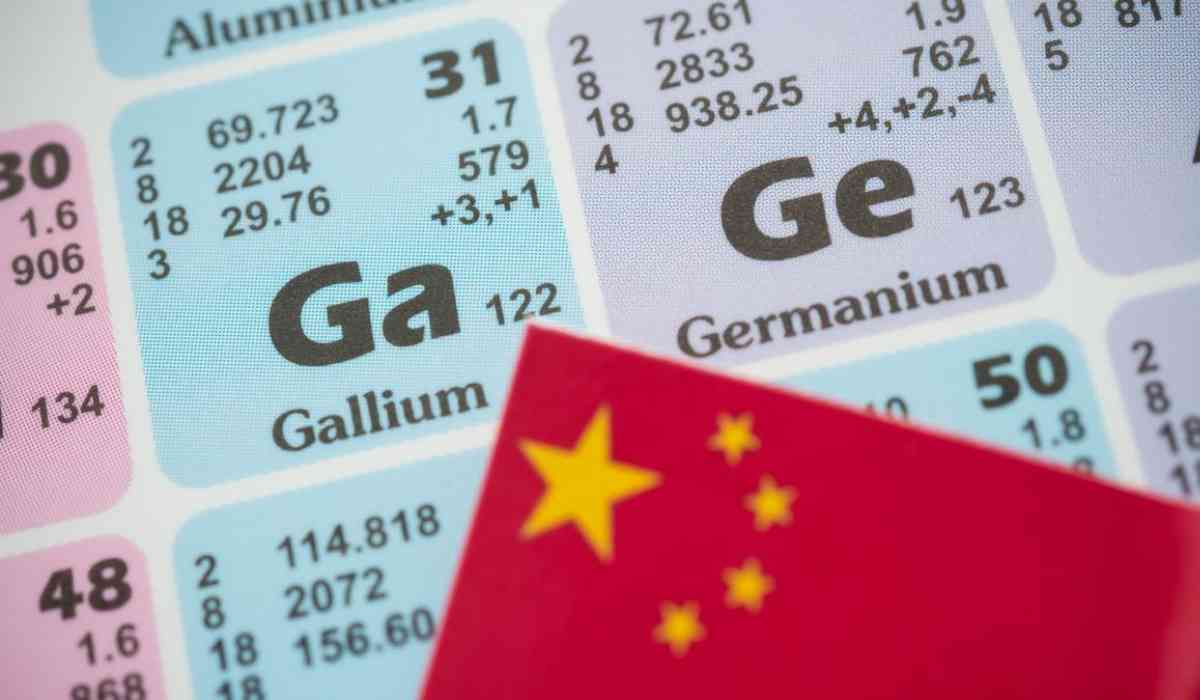The ongoing U.S.-China trade war has entered a new phase with China's strategic decision to suspend rare earth exports. This decision comes on the heels of U.S. President Donald Trump’s tariffs on Chinese imports, further escalating the tensions between the two global superpowers. The suspension threatens to disrupt multiple sectors in the United States, including defense, electric vehicles (EVs), and consumer electronics, all of which rely on rare earth elements (REEs).
As China tightens its grip on these vital materials, the U.S. faces significant economic and national security risks. At the same time, this situation presents a unique opportunity for India to reduce its dependence on China and position itself as a key player in the global rare earth supply chain. This article explores the implications of China’s move, the vulnerabilities it exposes in U.S. supply chains, and the potential advantages for India in this evolving geopolitical landscape.
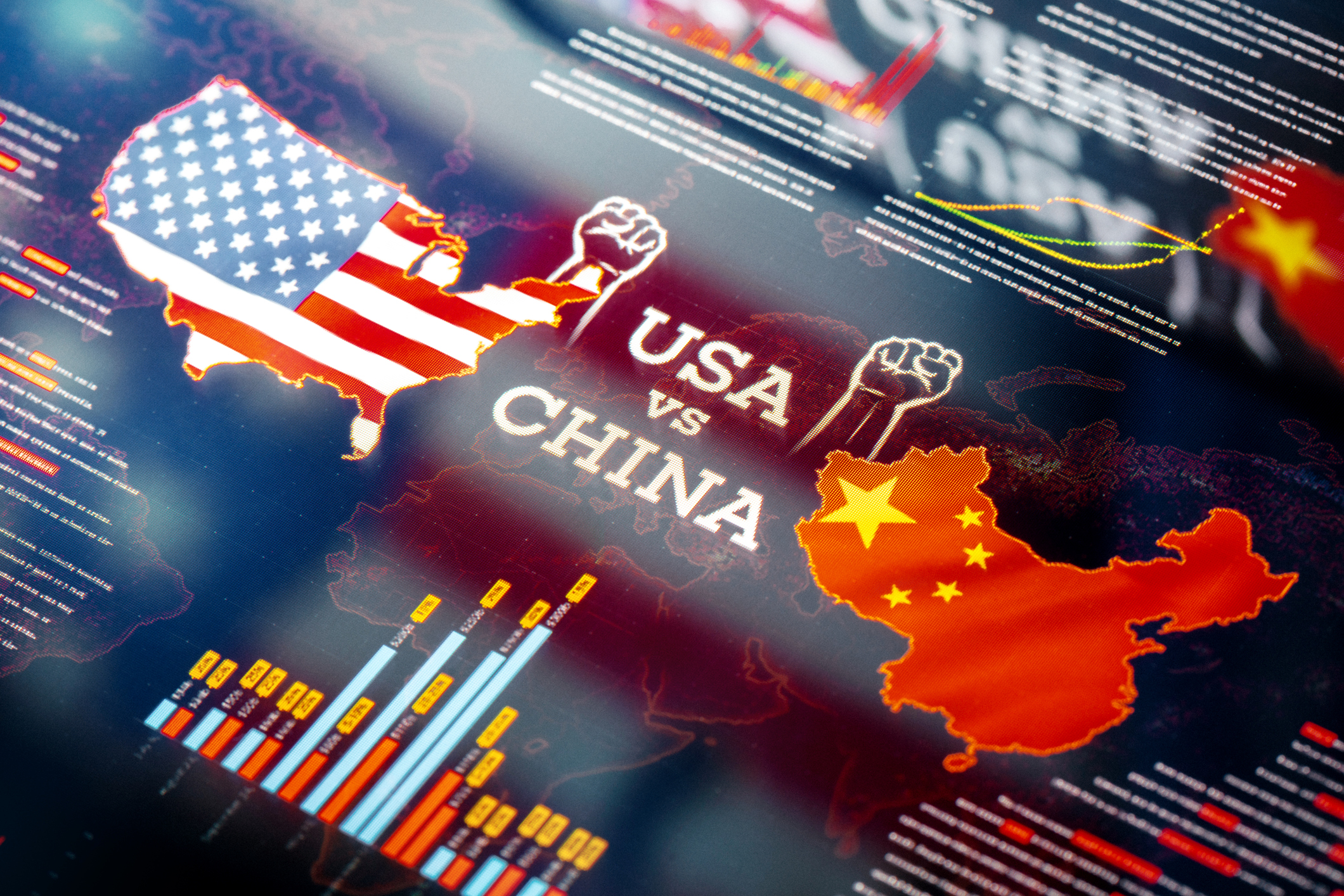
What Are Rare Earth Elements (REEs) and Why Are They Critical?
Rare earth elements are a group of 17 chemically similar metals essential for the production of modern technologies, from smartphones to defense equipment. They are indispensable in a wide range of applications, including:
-
Electric vehicles (EVs): REEs are used in electric motors, batteries, and other EV components.
-
Defense technology: REEs are crucial for systems like missile guidance, fighter aircraft, drones, submarines, radar equipment, and satellite communications.
-
Consumer electronics: REEs are found in devices such as smartphones, LED lights, wind turbines, and semiconductors.
-
Industrial applications: REEs are used in various high-performance materials, including magnets and alloys.
These materials, while essential, are not uniformly distributed around the globe, and China has long dominated the production and refining of rare earths, controlling approximately 90% of global refining capacity.
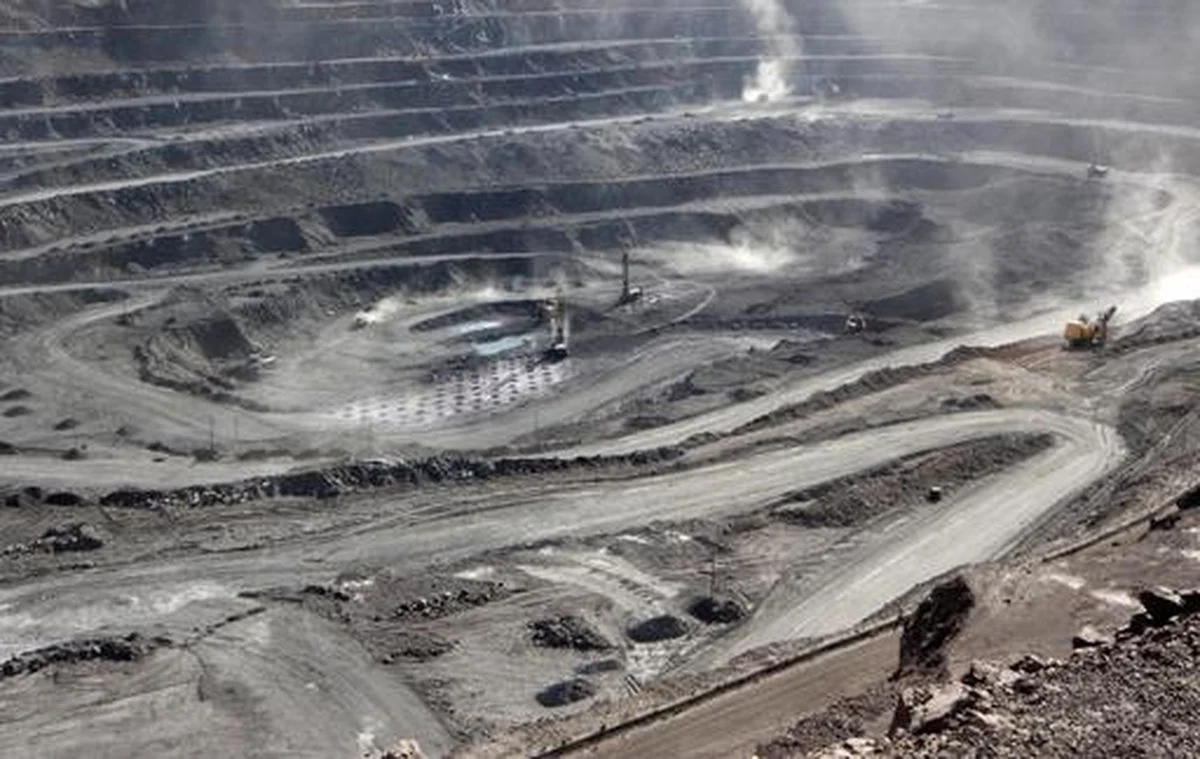
China’s Rare Earth Export Restrictions: A Geopolitical and Economic Strategy
In early April 2025, China introduced new restrictions on its export of seven rare earth metals and related magnets. The restricted elements include samarium, gadolinium, terbium, dysprosium, lutetium, scandium, and yttrium, which are critical for both defense and commercial industries. These restrictions are enforced through an export licensing system, which has created immediate disruptions in global supply chains, particularly affecting the United States.
Key Points of the Export Restrictions:
-
Export Licenses: Chinese companies must now obtain special licenses before exporting these critical materials.
-
Impact on U.S. Defense and Tech Sectors: These metals are integral to U.S. military technology, including missile systems and fighter jets, as well as tech industries like EV production and semiconductor manufacturing.
-
Global Supply Chain Disruptions: Shipments of rare earths from China have stalled, with goods sitting at Chinese ports awaiting further instructions.
The move to restrict rare earth exports is seen as a direct response to the U.S. tariffs on Chinese imports, particularly the 104% tariff on Chinese goods imposed by President Trump in early 2025. China has retaliated by halting the delivery of Boeing jets to China and now restricting key raw materials, thus tightening its economic leverage over the U.S.
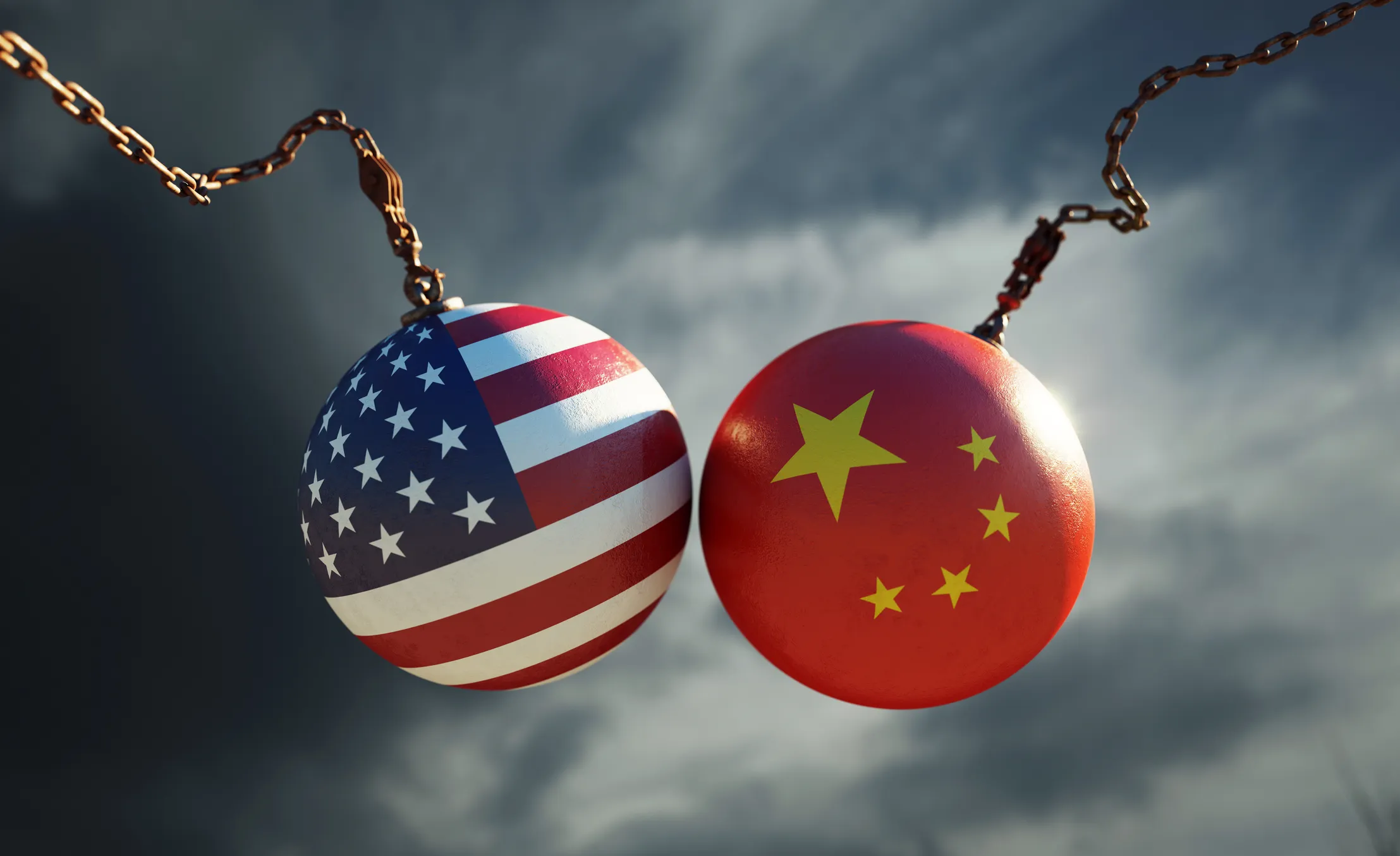
The Vulnerabilities of U.S. Industries: From Defense to Electric Vehicles
China’s move has exposed significant vulnerabilities within U.S. supply chains. The U.S. depends heavily on China for the processing and refinement of rare earths, which are crucial for the manufacturing of key technologies.
Defense Industry Impacts
Rare earths are foundational to U.S. military systems such as missiles, fighter jets, radar, and advanced electronics. Disruptions to rare earth supply chains could severely affect the Pentagon’s technological edge and national security.
-
Strategic Vulnerability: The U.S. is currently unable to meet its defense-related rare earth needs domestically. According to the Center for Strategic and International Studies (CSIS), China produces advanced military systems 5-6 times faster than the U.S., and the loss of access to rare earths could widen this gap.
-
Impact on Military Systems: The disruption may delay or cripple key defense projects, including advanced fighter jets and missile systems. Trump's modernization agenda for defense systems like the F-47 fighter jet could be hindered.
Automotive and Electric Vehicles (EVs)
The U.S. automotive industry, particularly electric vehicle manufacturers like Tesla, GM, and Ford, relies heavily on rare earth elements for the production of EV motors and batteries. With China halting rare earth shipments, American automakers face significant challenges:
-
Material Shortages: Key materials like neodymium, dysprosium, and terbium are critical for electric vehicle motors and batteries. Disruptions to the supply of these elements could slow down the production of EVs.
-
Rising Costs: The scarcity of rare earths will increase their prices, driving up production costs for U.S. automakers. Some companies, such as Tesla, have already taken steps to reduce their reliance on these materials, but others remain heavily dependent on them.
-
Potential Delays in EV Production: Although alternatives are being explored, the transition to other suppliers will take time, and EV production could face delays as a result.
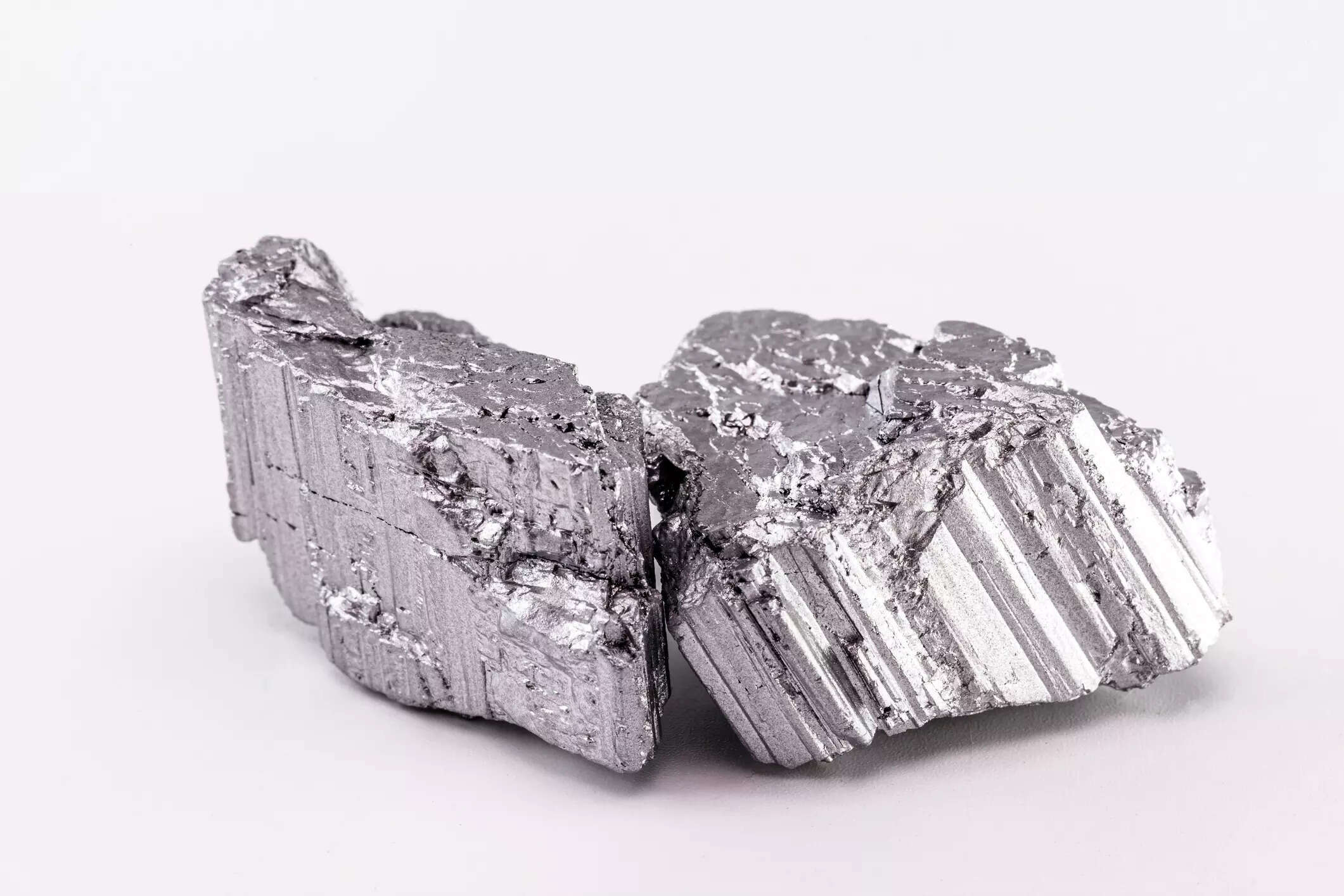
The Role of India: A Strategic Alternative to China
As the U.S. grapples with China’s tightening control over rare earths, India has a unique opportunity to position itself as an alternative supplier. India has vast untapped rare earth reserves, and its growing role in the global rare earth market could help diversify global supply chains and reduce reliance on China.
India’s Mineral Security Strategy
India’s Ministry of Mines and other relevant agencies are working to develop the country’s rare earth extraction and refining capabilities. India already operates one of the world’s largest rare earth refineries in Kerala, and further investment in mining and processing infrastructure is underway. India’s expanding rare earth capabilities could provide a much-needed alternative to China.
U.S.-India Collaboration on Rare Earths
The U.S. and India have already begun cooperating on rare earths. In 2025, the Biden administration lifted sanctions on Indian Rare Earths Limited (IREL), allowing for greater trade and collaboration in mineral security. This partnership could provide a significant boost to India’s mining sector, making it a key player in the global rare earth market.
-
Strategic Partnership: India’s growing mining capabilities and its commitment to diversifying rare earth supply chains could make it a valuable partner for the U.S. in reducing its dependence on China.
-
Investment in Infrastructure: India’s efforts to establish rare earth processing facilities could enable it to meet the growing global demand for these critical materials, while also strengthening its own defense and manufacturing sectors.
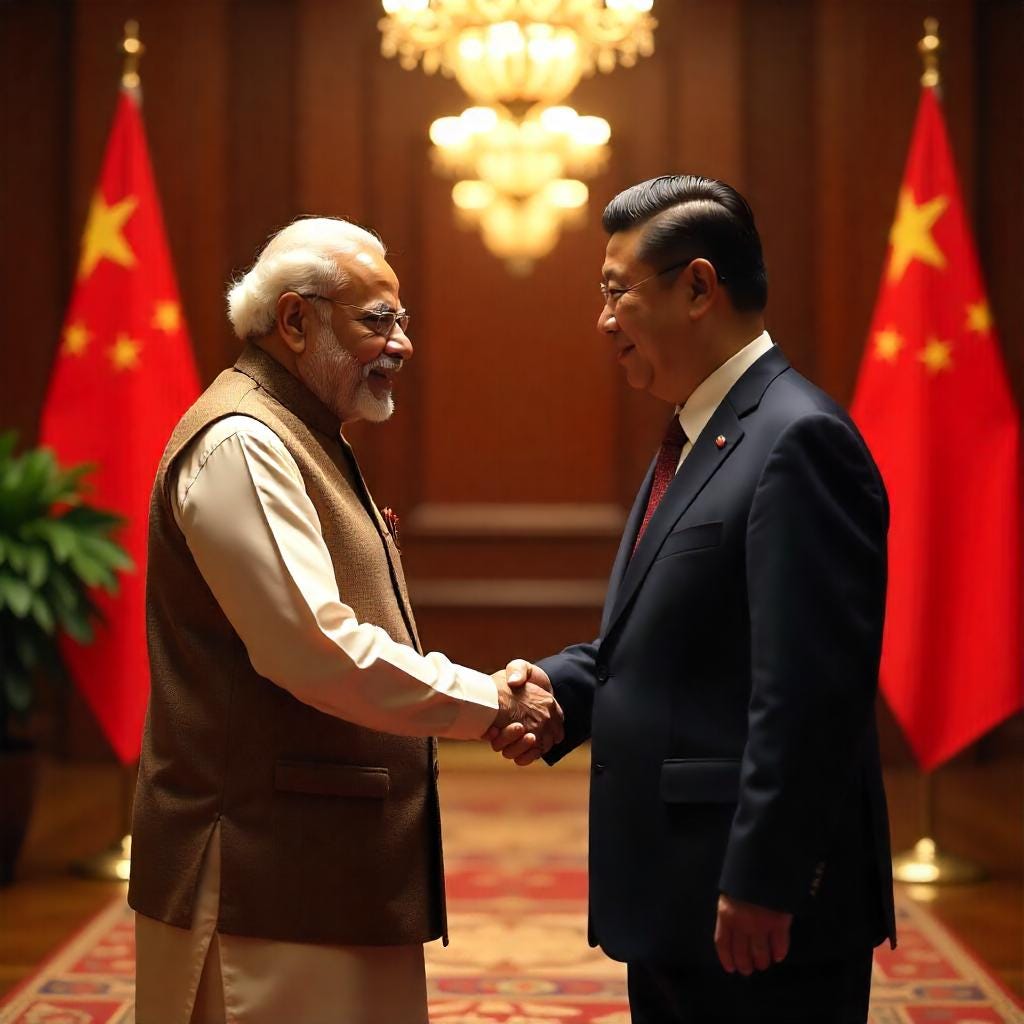
U.S. Response: A National Security Investigation into Critical Minerals
In response to China’s rare earth export curbs, President Trump has ordered an investigation into the national security risks posed by the U.S.’s dependence on foreign critical minerals. This investigation, conducted under the 1962 Trade Expansion Act, could result in new tariffs on critical minerals such as cobalt, lithium, and nickel, as well as products like smartphones and EV batteries.
Key Points:
-
Tariff Investigation: The Department of Commerce will have 180 days to report on the national security risks and recommend actions, including potential tariffs on critical minerals.
-
Impact on U.S. Industries: The imposition of tariffs could further strain U.S. supply chains, increasing costs for manufacturers and consumers alike.
China’s Rare Earth Diplomacy: A Global Response
China’s decision to restrict rare earth exports is a part of a broader geopolitical strategy to exert economic pressure on the U.S. and its allies. Other countries, including Australia and Brazil, are exploring alternative sources of rare earths to reduce their dependence on China.
Diplomatic and Economic Implications:
-
Supply Chain Diversification: Countries like Australia and Brazil are investing in rare earth extraction and processing to create alternative supply chains.
-
China’s Influence: Despite the restrictions, some countries may deepen their economic ties with China to secure a stable supply of rare earths, given China’s dominance in the market.
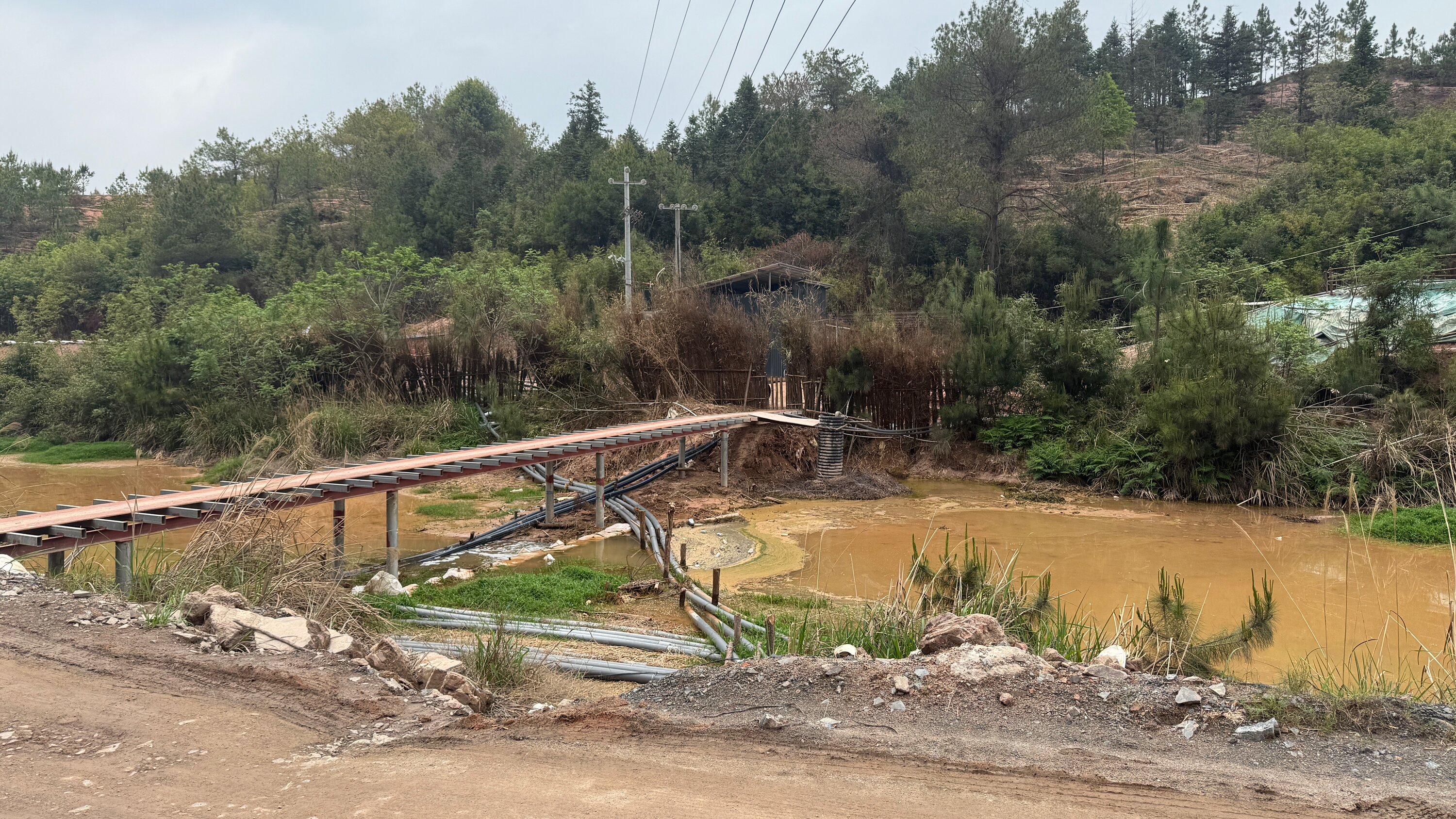
The Future of Rare Earths and Global Power Dynamics
The suspension of rare earth exports by China marks a significant shift in the global economic and geopolitical landscape. The U.S. faces mounting challenges as it tries to secure critical minerals, while India sees an opportunity to expand its role in the global supply chain. As the U.S. and China navigate these tensions, India’s growing capabilities in rare earth mining and refining could provide a strategic alternative, reshaping the global balance of power in the process.
The evolving rare earth market presents not only challenges but also opportunities for nations to reassess their economic strategies, diversify their supply chains, and reduce their dependence on a single source. India’s increasing importance in this sector could position it as a key player in global manufacturing, technology, and defense, opening new avenues for economic growth and geopolitical influence.
With inputs from agencies
Image Source: Multiple agencies
© Copyright 2025. All Rights Reserved Powered by Vygr Media.

